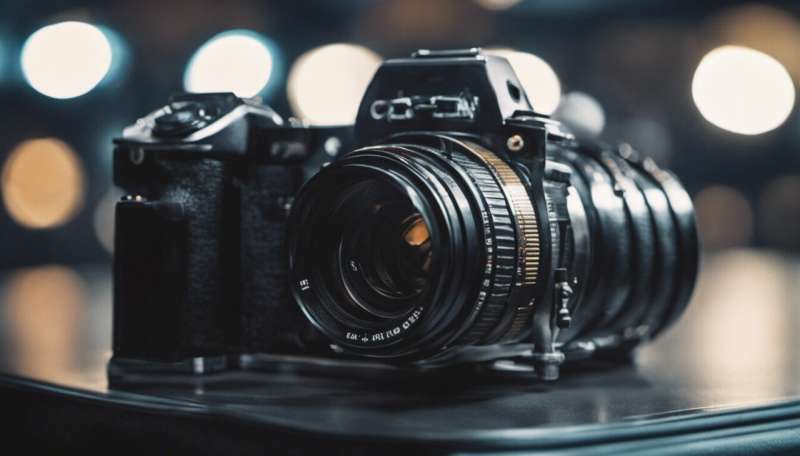Credit: AI-generated image (disclaimer)
According to She Figures 2012, which analyses gender equality in research, in 2010 women accounted for only 10 % of university rectors in Europe and 15.5 % were heads of institutions of the higher education sector. Although, the research has shown that the number of PhD graduates in general is getting closer to gender balance.
However, engineering, technology, natural sciences and mathematics remain a less attractive choice for young women in graduate studies. At an early age girls are just as interested, and as good as boys in these fields. But the reality is that hard sciences remain an uncommon choice for young women in graduate studies, with gender stereotypes undermining girls' confidence and interest and excluding them from traditionally male-dominated fields.
Challenging the social prejudices that causes gender discrepancy has been the aim of the TWIST project ('Towards Women in Science and Technology'). This is an ambitious series of programmes and activities within science centres and museums across Europe. The project brings together 11 partners, led by the Experimentarium Science Centre in Copenhagen, Denmark. Funding of nearly EUR 3 million was contributed by the European Commission to help achieve their aims.
Director of International Affairs at Experimentarium and the coordinator of the TWIST project Sheena Laursen, says, 'Often we get comments such as - "Oh, what's the problem? Women can do science as well." While people may think that today;' she continues, 'the higher you go up the hierarchy, the fewer women you tend to see. I think that's a shame for both genders.'
The project conducted a survey on gender, science and society through an extensive questionnaire, involving 74 European and non-European science centres and museums, in order to create a knowledge base for developing activities. This enabled the project team to target students, teachers and parents and ignite debates and discussions on issues of gender and science.
The project team compiled an overview of communication strategies targeting girls and women. It also developed guidelines for professionals working in science centres, museums and other science outreach organisations, aimed at promoting gender mainstreaming.
Some of the activities included exhibitions, interactive drama, teacher training and scientist speed-dating. A core part of the project was the TWIST exhibition, comprising a database of 42 female scientist role models and a remote-controlled virtual puppet called 'TWISTY', which questioned visitors on women's roles in society, and challenged their biases on tough gender-related ethical questions.
Within each partner country, the project team also established 'Gender Day', which coincided with International Women's Day. This enabled them to celebrate and highlight the role of women in science and bring female scientists into science centres and museums to meet visitors.
Schools also played an important collaborative role within the project, helping to develop new ways of approaching gender issues and providing tips and tools on how to address gender diversity in the classroom. This in turn will enable teachers to consider their own roles in furthering gender quality in classrooms. Science centres, museums and teachers can now find inspiration in the handbook developed by the project.
Through its wide variety of activities and programmes, the project achieved real engagement with the public on the nature of gender stereotypes in the scientific community. It also enabled people to recognise gender stereotypes in wider society. Finally, new networks have been created amongst concerned scientists, media and ministries. All of this is helping to raise awareness of gender diversity and motivating young people to look into careers in science.
On a wider scale, the presentation of science and technology through hands-on and minds-on exhibits, activities and workshops has also had an important impact on the public. Science centres and museums will continue to use these tools within the TWIST project, which will act as a resource centre for formal and informal science education.
More information: For more information, please visit:
Towards Women in Science and Technology
www.the-twist-project.eu/en/
www.the-twist-project.eu/en/guide/teacher
She Figures 2012
ec.europa.eu/research/sciences … topic&id=1282&lang=1
Provided by CORDIS




















